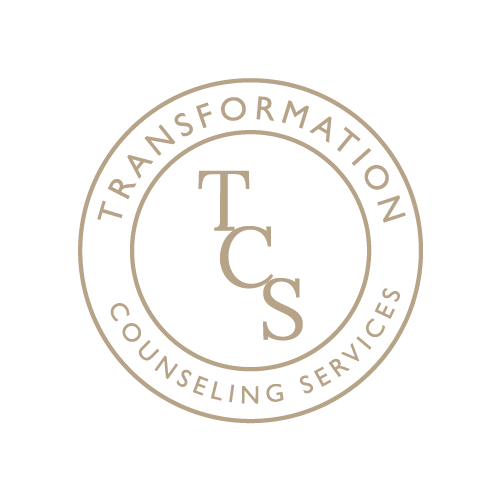The people we interact with daily can significantly influence our moods, emotions, and
overall well-being. Understanding who has access to us and how they affect our mental
state is crucial for maintaining a healthy and balanced life. By analyzing the impact of
our relationships, we can make informed decisions about whom to allow into our
personal space and how to manage these interactions effectively.
Our social environment plays a pivotal role in shaping our moods and emotional health.
Positive interactions with supportive and uplifting individuals can enhance our
happiness, reduce stress, and promote a sense of belonging. Conversely, negative
interactions with toxic or draining individuals can lead to increased anxiety, depression,
and a diminished sense of self-worth. Recognizing the impact of our social connections
is the first step in managing our emotional well-being.
One of the key aspects of analyzing who has access to us is understanding the different
types of relationships we maintain. These relationships can be categorized into close
relationships, such as family and close friends; professional relationships, including
colleagues and supervisors; and casual relationships, such as acquaintances and social
media connections. Each type of relationship can have a different level of influence on
our moods and emotions.
Close relationships, particularly with family and close friends, often have the most
significant impact on our emotional well-being. These individuals are typically the ones
we turn to for support, advice, and companionship. Positive interactions within these
relationships can provide a strong sense of security and happiness. However, conflicts
or negative behaviors in these close relationships can be particularly damaging due to
the deep emotional bonds involved. It's important to nurture positive interactions and
address conflicts constructively to maintain a healthy emotional state.
Professional relationships also play a crucial role in our daily lives, given the amount of
time we spend at work. Supportive and respectful interactions with colleagues and
supervisors can create a positive work environment, leading to increased job
satisfaction and reduced stress. On the other hand, a toxic work environment,
characterized by bullying, excessive competition, or lack of support, can significantly
impact our mental health and overall well-being. Setting boundaries and seeking a
healthy work-life balance are essential strategies for managing the impact of
professional relationships.
Casual relationships, including those with acquaintances and social media connections,
may seem less significant but can still influence our moods. Social media has become a
powerful force in shaping our perceptions and emotions. While it can provide a sense of
connection and community, it can also lead to feelings of inadequacy, envy, and
loneliness, especially when we compare our lives to the curated images and posts of
others. Limiting exposure to negative influences on social media and curating a positive
online environment can help mitigate these effects.
To manage the impact of others on our moods and well-being, it’s essential to set and
maintain healthy boundaries. Boundaries help protect our emotional energy and ensure
that we are not unduly influenced by negative interactions. Communicating our needs
and limits clearly to those around us is a critical step in establishing these boundaries.
This might involve limiting time spent with certain individuals, declining invitations to
events that feel draining, or reducing engagement with social media.
Self-awareness is another important factor in managing our social interactions. Being
attuned to our emotional responses and recognizing when certain interactions leave us
feeling drained or uplifted can guide us in making better choices about who has access
to us. Reflecting on our relationships and their impact can help us prioritize those that
contribute positively to our well-being and distance ourselves from those that do not.
In conclusion, the people who have access to us significantly impact our moods and
overall well-being. By understanding the different types of relationships and their
influence, setting healthy boundaries, and practicing self-awareness, we can manage
these interactions effectively. Taking control of who has access to us and how we
engage with others can lead to a healthier, more balanced life, where our emotional
well-being is prioritized and protected.



